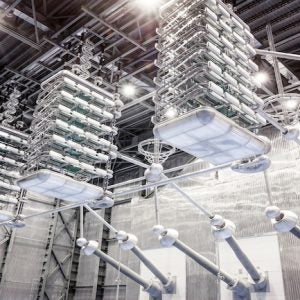Thai IPP Glow Energy is to spend $1.8 billion over the next three years to expand its production capacity by more than 50 per cent.
Glow Energy, part-owned by European utility GDF Suez, has announced that it has just signed a 25-year power purchase agreement (PPA) with the Electricity Generating Authority of Thailand (EGAT) for its GHECO-One IPP, one of three new projects under construction in Map Ta Phut.
The 660 MW GHECO-One IPP is a supercritical coal-fired power plant being developed by a 65 per cent-owned Glow subsidiary. Glow is also constructing a 382 MW cogeneration expansion and a 115 MW CFB expansion.
The three projects represent a capital expenditure of $1800 million, with GHECO-One accounting for $1150 million. Glow will finance the expenditure with $900 million of its own funds, including $200 million for the GHECO-One project.
“The new coal-fired IPP will help to reduce Thailand’s dependency on imported LNG for its future energy supply, and offers electricity at an attractive price to EGAT,” said Peter Termote, CEO of Glow Energy. “Starting from 2010 onwards, Glow results will be substantially increased by new capacity and by end 2011, Glow will be a much bigger company than today, both in terms of size and earnings.”
GHECO-One began construction in July of this year and is due for completion in November 2011. It will be financed by $800 million of debt, with the remaining equity shared by Glow (65 per cent) and Hemaraj (35 per cent), GHECO-One’s other shareholder.
Korea’s Doosan Heavy Industries and Construction is the main contractor for the GHECO-One power project. Glow says that the use of advanced supercritical technology for this project – Thailand’s second coal-fired IPP plant – will benefit local air quality.
The company has also pledged to set up a THB100 million/year fund to support local community development.
Glow will invest $720 million of its own funds in the CFB and cogeneration expansion projects, says the company’s CFO Suthiwong Kongsiri. Glow says it is also planning to invest in projects to reduce emission levels from its existing plants.






